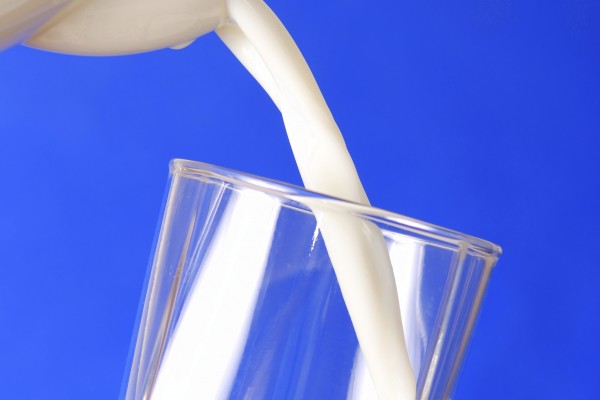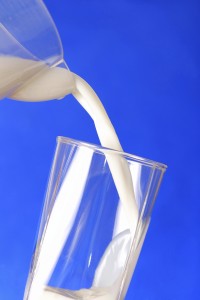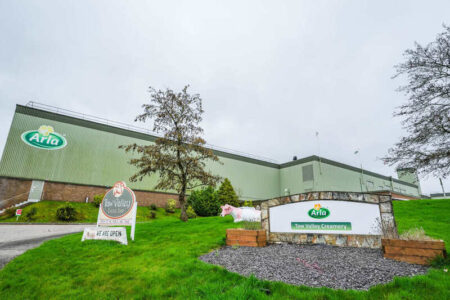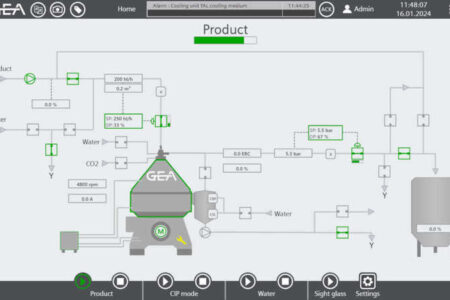Farmers seek security in Dairy Producer Organisations

I ncreasing numbers of small scale dairy farmers are forming Dairy Producer Organisations (DPOs) in a bid to insulate themselves from pricing policies of dairy producers.
ncreasing numbers of small scale dairy farmers are forming Dairy Producer Organisations (DPOs) in a bid to insulate themselves from pricing policies of dairy producers.
The ability for milk farmers to form DPOs came into force in October 2012, when the EU created the Dairy Package in order to restore the balance between producers and processors. The aim of which was to provide non co-operative milk farmers with greater negotiating strength by allowing them to form producer organisations.
This was established in response to the 2009 milk market crisis, which saw producers dumping milk in pan-European protests over the unfair purchasing practices, sparked the review by the European Commission.
This review found that the dairy industry suffers from an imbalance in bargaining power between farmers and the ‘first purchasers’ who represent processers. This discrepancy led to unfair practices, where farmers had no control over the price they received for milk and often sold it for less than it cost to produce.
Almost a year on from the new rules coming into place, and with dairy farmers profiting from the new arrangements, more and more farmers are looking at DPOs as a viable next step.
Peter Bennett, head of food at food law firm Roythornes LLP, which offers consultancy services to farmers wanting to form DPOs, believes that they are a very appealing option for milk producers.
He comments, “The resurgence in the uncertainty over the supply and pricing of milk has resulted in an increased interest in DPOs and the contribution they make towards a more stable relationship between produces and purchasers. This is why we are seeing more and more farmers approach us to set up DPOs.
“They offer a way of encouraging more and better supply chain collaborations between producers and processers, as putting farmers on firmer ground within the supply chain rebalances the bargaining power. The knock-on effects of milk security could be significant as its production accounts for a large chuck of the UK’s agricultural output.”
According to the National Famers’ Union, dairy farming is the single largest agricultural sector in the UK, accounting for 17% of the UK’s agricultural value, with approximately 50,000 farmers and farm workers employed in the industry.
Roythornes has also published a five step legal guide for farmers thinking about setting up a DPO.
The EU regulation provides the legal requirements for the formation of DPOs, which are recognised by the Rural Payments Agency in the UK.
– That the DPO is formed at the initiative of the producers.
– The DPO must pursue a specific aim, this is not specified by the EU but optimising production costs and stabilising prices is a good example of a DPO objective.
– The DPO must either have 10 Members within the EU or produce 6 million litres of milk, in which case it must have at least two members.
– The producers must have evidence that they can carry out their activities properly in terms of their effectiveness and their ability to sustain supply.
– The DPO must also create a statute which is consistent with all of the above conditions. The statute will set out the functions of the producer organisation and may detail any financial implications of membership, i.e. a producer may need to help fund the organisation in order to become a member.
In order to maintain effective competition in the dairy market, the regulation also limits the size of the negotiations that can take place, which means a DPO cannot produce more than 3.5% of total EU production and 33% of the total national production. Based on the most up-to-date figures, this means that a DPO in the UK should not negotiate to supply more than 4.29 billion litres of milk in a year. These negotiations must also be declared to the Office of Fair Trading, which also requires purchasers to disclose the volume of milk being purchased on a monthly basis.



